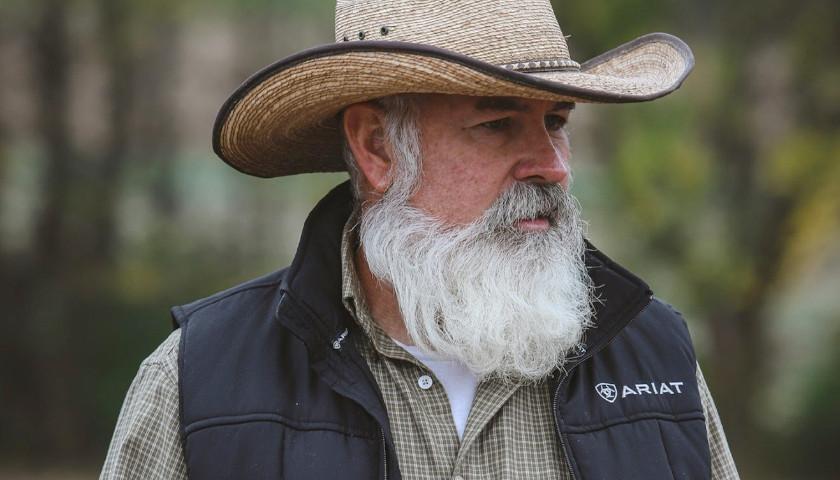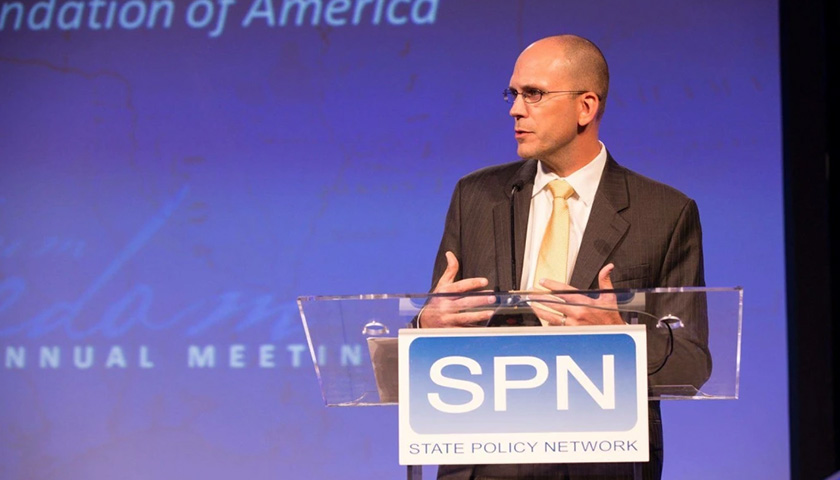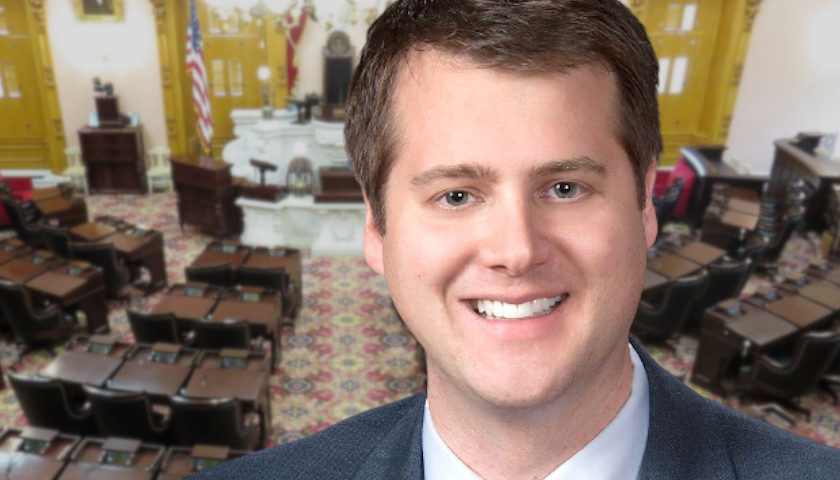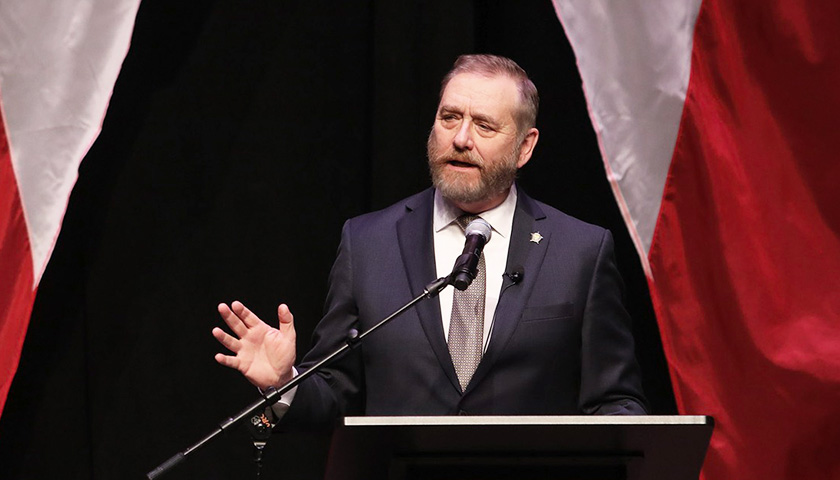by Jack Windsor
Tuesday night Ohio Elections Commission (OEC) Executive Director Philip Richter notified attorneys involved in the Joe Blystone election law violation cases that “the Commission does not believe all … expectations have been met, has questions concerning whether good faith has been shown as required,” and set another hearing scheduled for February 23 to reconsider matters and the agreement Blystone struck with the watchdog group just last month.
Before the January meeting, it was discovered that Richter held negotiations with Blystone attorney Josh Brown without looping in legal counsel for the other parties that filed complaints.
During the January meeting, the cowboy-hat-wearing, former gubernatorial candidate capitulated to facts listed in the secretary of state complaint — which totaled 13 election law violations — agreeing to not seek public office again for five years, to close his campaign committee and surrender his campaign cash; how he collected and failed to legally account for contributions and expenditures put Blystone on the OEC radar.
Blystone’s campaign fund balance was estimated to be $180,000. Consequently, the agreement spelled out how he was to turn over the money:
- $75,000 to be deposited in an escrow account for a court case in Delaware County to cover any expenses and judgments; and
- $105,000 was to be turned over to the OEC as a fine, net of legal fees and outstanding obligations.
Blystone sued his campaign co-manager Sarah Chambers in Delaware County for defamation of character, a charge he later dropped. Chambers counter-sued for abuse of process to recapture legal fees she paid for Blystone’s litigious attempt at retribution she told The Ohio Press Network (OPN). The $75,000 ordered on deposit with the court in Delaware is intended to cover legal expenses and any judgements against Blystone.
OPN obtained the image of the check Blystone wrote to the OEC for his agreed fine that totaled just $39,681, which Richter says should have been near $105,000. Above Ohio Election Commission — the payee of the check — was scribbled the phrase “fucking mob.”
Josh Brown, counsel for Blystone, filed a certificate of distribution with the OEC to account for the funds from the Friends of Joe Blystone account and revealed that $75,000 was paid to an escrow account for the Delaware County case, but he also listed a deposit into his own legal trust account for $30,000.
“The amount that you have held in your [legal trust account], $30,000, is much greater than anticipated, particularly considering the expectation stated in the agreement that $105,000 shall be paid to the Commission,” Richter wrote to Brown on February 2. He then demanded the $30,000 to be returned to the OEC “immediately;” but, according to a later letter from the OEC director, the funds were not returned, and now the matter is set to be heard before the full commission.
The Chambers case produced a Blystone deposition during which an attorney for Chambers says the former candidate admitted he knowingly flouted Ohio election finance laws; the attorney also claims Blystone said that Bob Paduchik, former chairman of the Ohio Republican Party, visited his farm when Blystone reached out for help after the May primary election but before the November general election.
Paduchik resigned two days after the deposition dropped.
For more than a year the OEC has wrestled with complaints filed by Chambers, Ohio elector Mary Capella and Ohio Secretary of State Frank LaRose against Joe Blystone, his wife Jane and their campaign committee.
According to Richter individual parties were not alerted to the most recent actions, only lawyers representing the parties involved were informed of the February hearing.
– – –
Jack Windsor is Editor-in-Chief of The Ohio Press Network.
Photo “Joe Blystone” by Joe Blystone.





